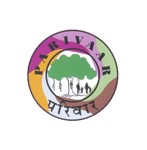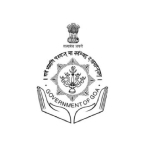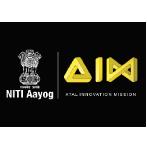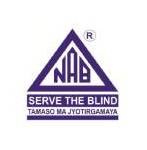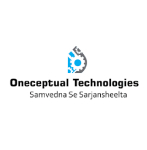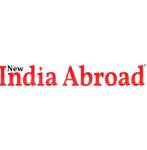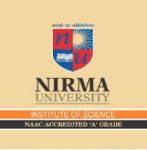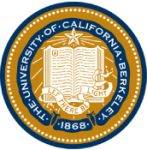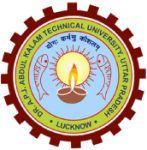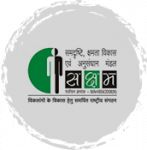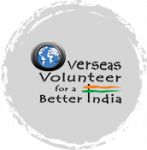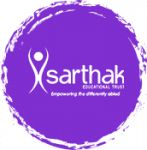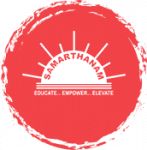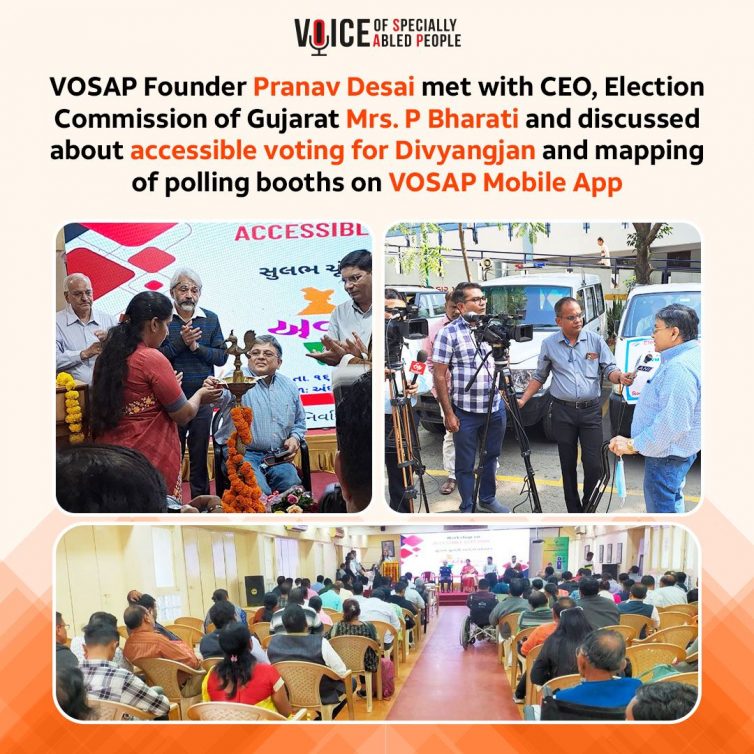
In a significant step towards promoting inclusivity in the democratic process, the Founder of VOSAP (Voice of SAP), Pranav Desai, was invited to participate in an accessible voting workshop held at the Blind People’s Association in Ahmedabad on January 16. The event, which saw the participation of 80 NGOs, aimed at addressing the challenges faced by individuals with disabilities, particularly focusing on making the voting process more accessible for them.
During the workshop, Pranav Desai had the opportunity to meet with Mrs. P Bharati, the CEO of the Election Commission of Gujarat. VOSAP Founder discussed the need of accessible voting for Divyangjan and mapping of voting booths on VOSAP mobile app.
VOSAP Founder in the interview by ETV Gujarati shared, “It gives so much pleasure to see that the resolution that we undertook in 2014-2015 during accessible India campaign is being fulfilled. In 2016 when RPWD act was enacted we had a provision to make every election polling booth accessible and now it’s being done and even more efforts are put in place with this workshop at Blind people’s association. It is very essential for every Divyangjan to be part of this democracy. I request you to download VOSAP app available on android and IOS and rate election booth for accessibility on VOSAP mobile app.”
One of the key initiatives highlighted during the workshop was the concerted effort to increase the participation of 3.50 lakh Divyangjan in the upcoming Lok Sabha elections in 2024. Recognizing the barriers faced by individuals with disabilities in exercising their voting rights, both governmental and non-governmental organizations are working collaboratively to create a more inclusive electoral environment.
By addressing the unique challenges faced by Divyangjan, these initiatives are crucial steps towards fostering a society where every voice is heard, regardless of physical abilities. As the nation prepares for the upcoming Lok Sabha elections, the focus on accessible voting sends a powerful message about the importance of inclusivity in the democratic fabric of the country.



